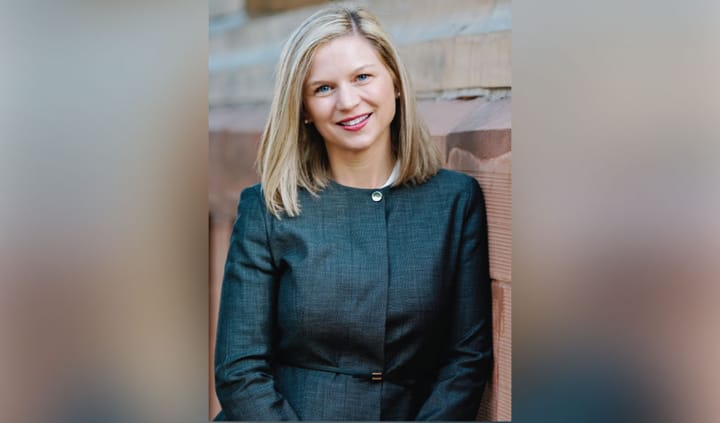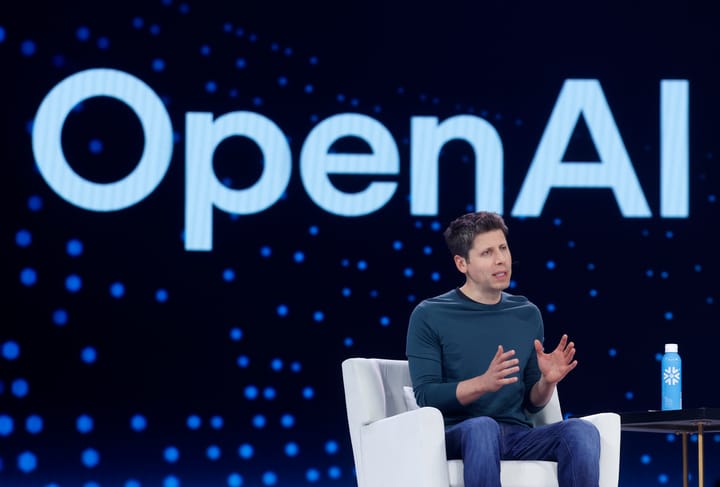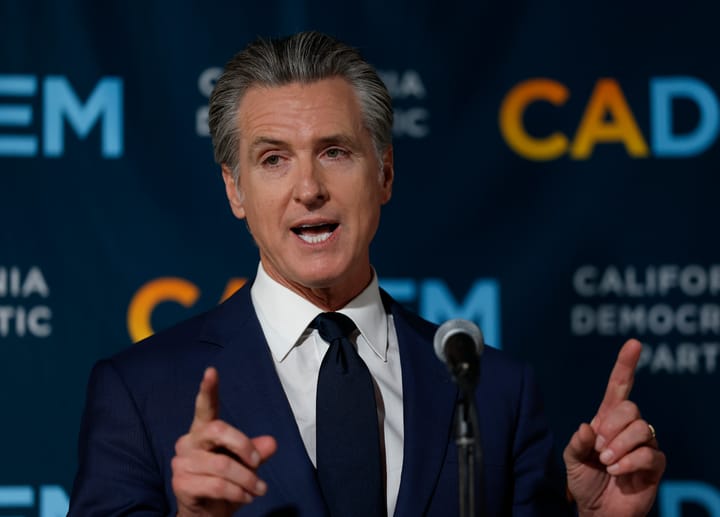One of the names being floated for the Trump administration’s next director of the Consumer Financial Protection Bureau (CFPB), Melissa Holyoak, a commissioner of the Federal Trade Commission, previously worked as an attorney for an industry-funded think tank that is fighting the agency’s plans to protect consumers against tech companies like Meta and Google.
The tech industry has stacked itself up against the CFPB of late. Last week, two tech industry trade groups that represent Apple, Google, and Meta sued the agency seeking to halt a new rule that gives it oversight of payment apps from non-banks. In a high-profile appearance on the Joe Rogan show this month, Mark Zuckerberg complained about the CFPB after it launched an investigation into Meta's improper use of third-party financial data in ad targeting. On the same show, Trump ally and Silicon Valley investor Marc Andreessen said in late November that the CFPB was involved in debanking tech companies, a claim that the American Economic Liberties Project says is false.
Andreessen’s attacks on the CFPB were echoed by the Competitive Enterprise Institute (CEI), a libertarian think tank with a mission to “eliminate harmful bureaucratic controls.” The group rushed to Andreessen’s defense with a blog post saying it had warned against a federal crackdown on cyberpayments. In another December blog post, the think tank’s senior fellow John Berlau argued that the CFPB’s rule extending its supervision over digital payment apps “threatens not just Google, but every fintech firm and technology firm that ventures into finance.”
Holyoak was an attorney for CEI from 2015-2019 before becoming solicitor general of Utah, and along the way the think tank has applauded her rise to the FTC. The group is a prominent inside-the-Beltway ally of big business interests. Large tech companies have disclosed giving to CEI in their voluntary political disclosures: Google, with regular contributions to CEI going back years, as well as Amazon and Meta over the past decade.
The Trump transition team is considering several candidates for CFPB director, according to a report last week in American Banker: Travis Hill, vice chairman of the FDIC; Jonathan McKernan, FDIC board member; and Holyoak, who was confirmed in March as one of two Republican commissioners on the FTC. (The CFPB head can hold dual titles, as Mick Mulvaney did in the previous Trump administration.)
In her FTC position, Holyoak has criticized the reinvigorated antitrust activities of the agency under Biden administration Chair Lina Khan. In the last week of Khan’s leadership, Holyoak tweeted that she voted against holding a meeting of the FTC and abstained from votes, preferring to hold out for the incoming Trump-Vance administration.
But her FTC confirmation process was not untroubled among Republican activists. The conservative group the Bull Moose Project sent a letter to Republicans on the Senate Committee on Commerce, Science, and Transportation, addressed to then-ranking member Sen. Ted Cruz (Texas), asking them to vote no on Holyoak’s nomination over her record of objecting to class action settlements against companies like Google.
CEI has sought to counter the idea that Big Tech firms need a regulatory crackdown to curb their power: for example, when House Republicans brought in Google CEO Sundar Pichai for a three-hour grilling over the alleged suppression of conservative viewpoints in its search engine and products like YouTube, a CEI expert pushed back that the claims were “utterly lacking in evidence.”
When Holyoak was Utah solicitor general, she was one of the state officials negotiating a $700 million settlement with Google over anticompetitive app store practices that was panned as weak, compared with the states’ initial case for $10.5 billion worth in damages. Tim Sweeney, the CEO of Epic Games, which has successfully sued Google in recent years over Android store fees, slammed the settlement as an “injustice to all Android users and developers.”
Emails obtained by the New York Post during this period show Holyoak swapping legal advice with CEI’s Ken Lassman, president and CEO, with Holyoak seeking input on “the question of market definition.” The email back-and-forth included a column written by CEI tech-antitrust expert Jessica Melugin arguing that consumers could be harmed by Epic Games’ lawsuits against Google and Apple.
"Holyoak is a threat to the very people that the government exists to protect because her rapid rise is due to her success fighting for the corporations that threaten ordinary Americans,” said Jeff Hauser, executive director of the Revolving Door Project.
“Normally I'd be ecstatic at the idea of a committed veteran of the public interest bar taking over at the CFPB or other consumer safety related jobs across the executive branch, imagining the figure to be a middle class warrior on behalf of the 99%,” Hauser said. “But Holyoak is a long time member of the 1% who has risen up because of her deep commitment to the .0001% like Google's founders and senior executives, which means that consumers will not only have to beware trickery from banks and Big Tech, but from corporate lawyers wearing the costume of consumer protection."
For her chief of staff at the FTC, Holyoak chose Chris Mufarrige, a former associate at Silicon Valley law firm Wilson Sonsini, where his clients included Google and Twitter. In an August 2020 article in a publication The Antitrust Source, Mufarrige and his co-author Jonathan Jacobson made the case that targeting Big Tech companies with antitrust enforcement was “largely misguided,” arguing that acquisitions of competitors “tend to add useful new features to products consumers already love, eliminate little or no current competition,” and other things.
In a September speech, Holyoak threw cold water on the FTC’s use of the term “surveillance” in examining business practices like personally-adjusted “surveillance pricing,” calling the term a “straw man.” “This new moniker does nothing to tease out the complexity of the privacy debate concerning the costs and benefits of behaviorally targeted advertising,” she said. Holyoak made known her “strong concerns” with the FTC’s release of a report studying the data collection practices of social media platforms and streaming video sites, which detailed what the agency described as “vast surveillance of users with lax privacy controls and inadequate safeguards for kids and teens.”
The think tank CEI saw its total revenue jump in its fiscal year 2023 by nearly a third, according to its most recent tax filing, reaching a new high of more than $10 million. The group’s donors include companies from Big Oil (ExxonMobil), Big Tobacco (Altria), and PhRMA ($150,000 given in 2023, according to tax records). The conservative donor Searle Freedom Trust, whose fortune derives from the G.D. Searle pharmaceutical company, gave $400,000 to CEI in 2023, and the right-wing funder Sarah Scaife Foundation gave $475,000.
Some leading Republicans, like the new House Financial Services Committee Chair Rep. French Hill (Ark.), have called for the consumer watchdog agency to be abolished, a position shared by Elon Musk, who posted, “Delete C.F.P.B.” But outright eliminating the agency would likely pose too heavy a lift for the closely-divided Congress. Rather, consumer advocates expect plenty of deregulation and a gutted CFPB under Trump.
The CFPB says it has returned more than $21 billion in monetary compensation to consumers, from $19 billion in enforcement and more in supervisory work. Even former Trump White House budget director Mick Mulvaney acknowledged in 2018 that the CFPB cases he inherited “were pretty good lawsuits,” going after “bad actors” in the financial sector.
A full house of tech giants including Amazon, Google, and Meta are among the million-dollar donors to Trump's inauguration.



